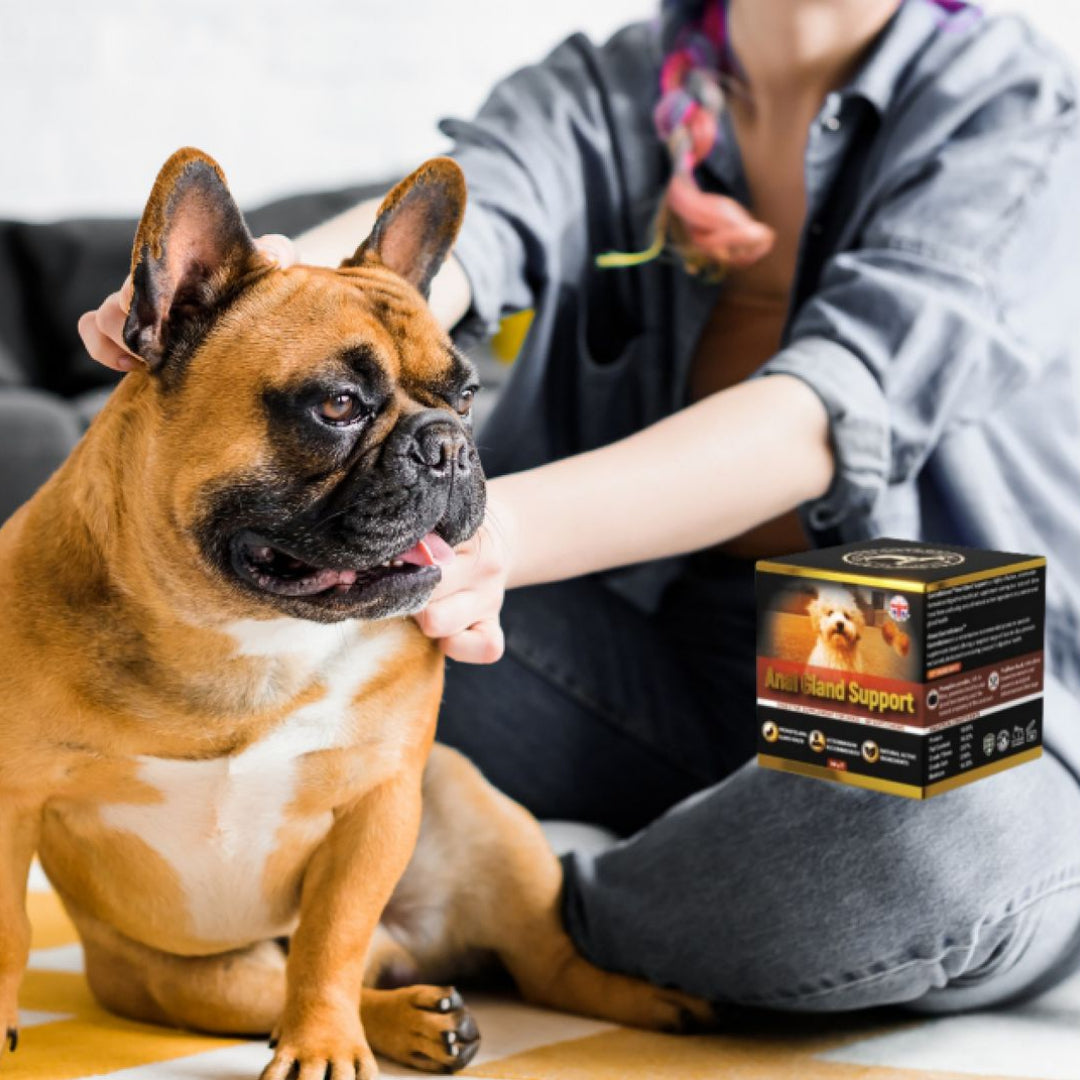In hot weather, dog anal glands aren’t directly affected by temperature in the same way as, say, panting or overheating, but certain indirect effects can make problems more likely:
1. Dehydration & diet changes
-
If your dog drinks less water or eats differently in hot weather, their stools may become softer. Naturally dog anal glands express when firm stool passes through, so softer stool can mean less natural emptying.
2. Reduced activity
-
Some pets are less active in the heat, and less movement can slow digestion and reduce the chances of the dog glands emptying normally.
3. Licking or scooting
-
Heat itself doesn’t “fill” the glands of dog , but discomfort from heat rash, allergies, or skin irritation around the anus can make your dog lick or scoot — which might also bring attention to a gland problem.
4. Infections & inflammation
-
Warm weather can make skin and gland openings more prone to bacterial overgrowth if the dog glands are already impacted or irritated.
5. Warning signs in summer- watch for:
-
Scooting or dragging the rear of dog
-
Licking/biting at the back end of dog
-
Swelling, redness, or a bad fishy odor
-
Sudden yelp when sitting or defecating
If you notice these, it’s best to prevent the worsering by giving natural dog supplements formulated by vets to protect your dog anal glands like for example GastroBalance Anal Gland Support

💡 Other preventive tips in hot weather
-
Keep your dog well-hydrated
-
Maintain a consistent, fiber-rich diet
-
Encourage gentle activity even in heat (early morning/evening walks)
-
Have the glands checked during grooming if your dog is prone to issues





